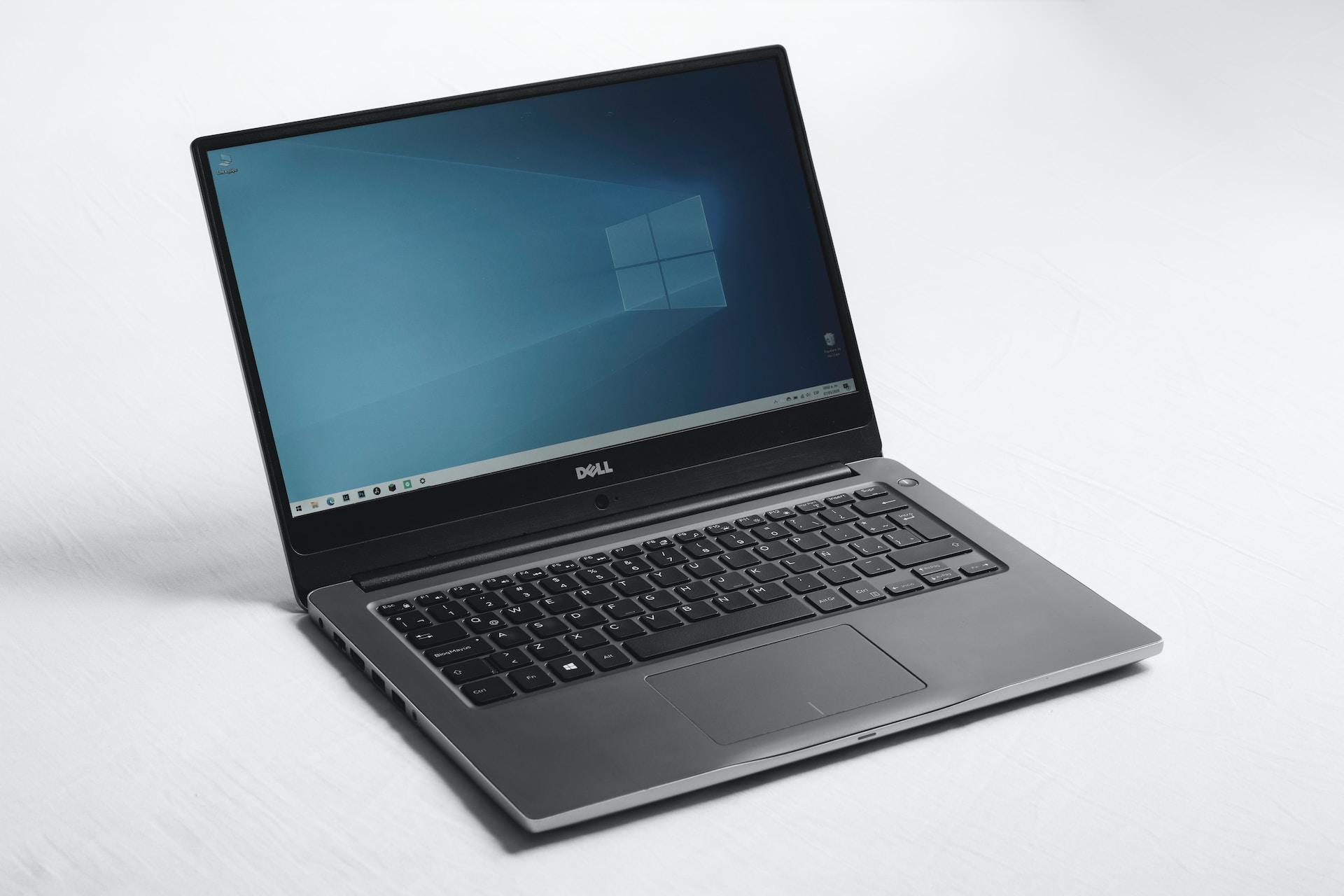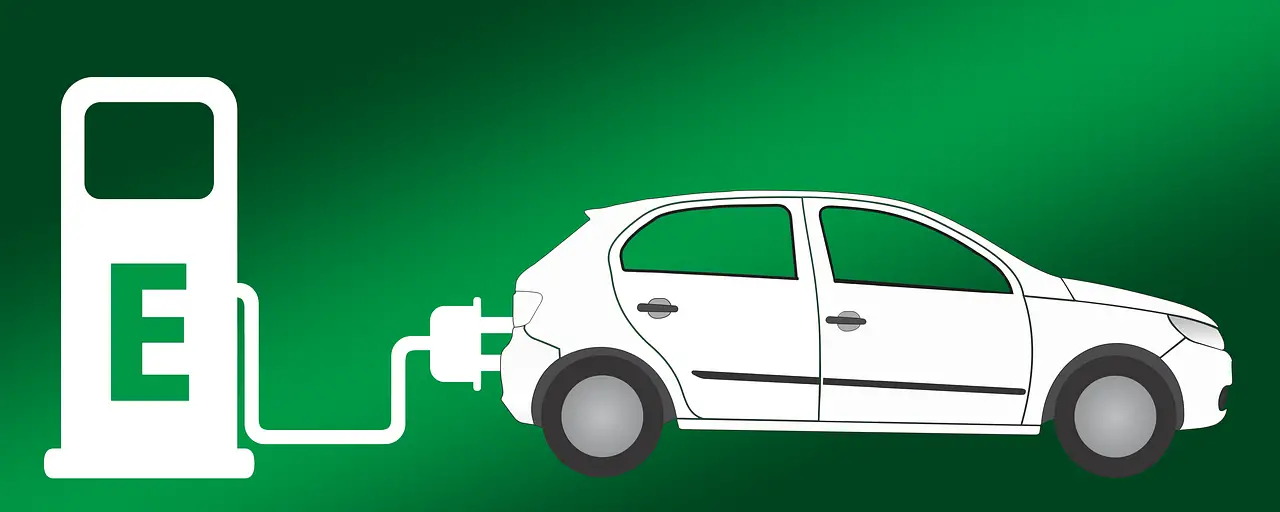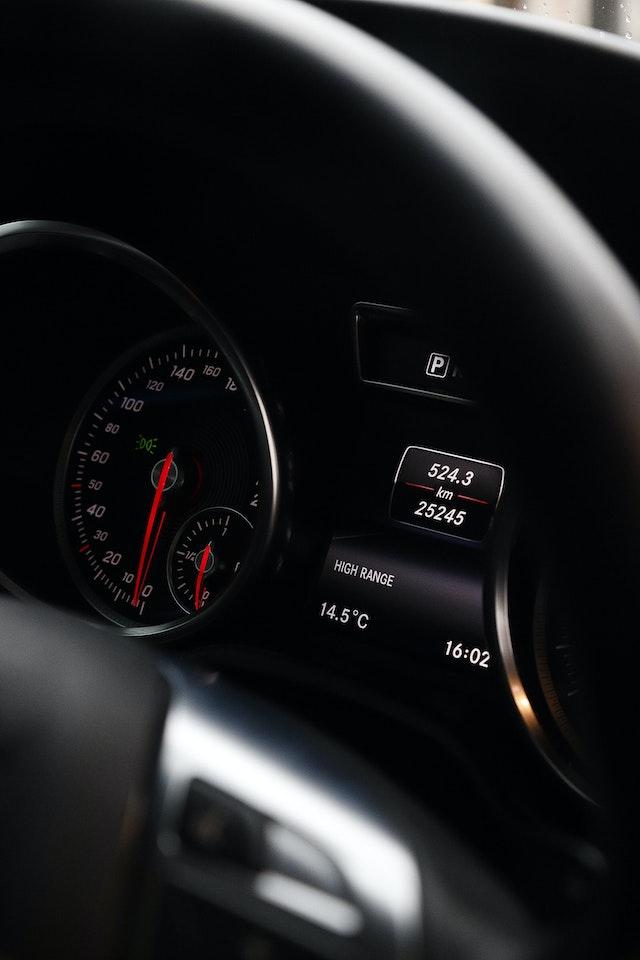In the modern world, with environmental awareness on the rise, many individuals are turning to DIY electric cars as environmentally friendly substitutes for conventional gasoline-powered automobiles. DIY electric cars are a popular and interesting choice. Your carbon impact will be smaller if you build your own electric vehicle (EV), and you may also personalize it to suit your tastes. In this comprehensive guide, we’ll take you through the journey of creating your very own DIY electric car.
Contents
- 1 Introduction: The DIY Electric Car Revolution
- 2 Advantages of DIY Electric Cars
- 3 Understanding the Basics of Electric Vehicles
- 4 Gathering Your Tools and Materials
- 5 Choosing the Right Vehicle
- 6 Stripping Down the Donor Car
- 7 Installing the Electric Motor
- 8 Battery Installation and Management
- 9 Charging Your DIY Electric Car
- 10 Safety Considerations
- 11 Testing Your DIY Electric Car
- 12 Fine-Tuning for Efficiency
- 13 Registering and Insuring Your DIY Electric Car
- 14 Maintenance Tips for Longevity
- 15 Conclusion: Enjoying Your Eco-Friendly DIY Electric Car
- 16 FAQs
Introduction: The DIY Electric Car Revolution
An increasing number of people are looking for alternate modes of transportation as worries over climate change and air pollution continue to rise. In the front of this movement are DIY electric vehicles, which provide environmentally conscientious drivers with a viable and affordable option. Although creating your own electric car can seem difficult, it is a task that is doable with the appropriate advice and motivation.
Advantages of DIY Electric Cars
Environmental Benefits
The environmental friendliness of DIY electric automobiles is one of their main benefits. Air pollution and greenhouse gas emissions are decreased by EVs’ zero tailpipe emissions. You actively support a more environmentally friendly future by choosing an electric vehicle.
Cost Savings
DIY enthusiasts may save a lot of money by creating their own even if the initial cost of an electric car may seem costly. For a small portion of the cost of purchasing a new EV, used automobiles may be turned into electric vehicles.
Customization
Building your electric car allows you to customize it according to your preferences. You can choose the body style, color, and interior features that match your taste.
Energy Efficiency
Electric cars are highly energy-efficient. They convert a more significant portion of the electrical energy from the grid into vehicle movement, making them cost-effective to operate.
Understanding the Basics of Electric Vehicles
The Electric Motor
At the core of every electric vehicle is an electric motor responsible for propelling the car forward. These motors come in various types, including AC and DC motors, each with its advantages and disadvantages.
Batteries: The Heart of Your EV
The choice of batteries for your DIY electric car is critical. Lithium-ion batteries are the most common choice due to their high energy density and longevity. However, other options are available.
Gathering Your Tools and Materials
Gathering all the required equipment and materials is imperative before starting your DIY electric vehicle project. Wrenches, wire cutters, soldering tools, and safety equipment are all included in this.
Choosing the Right Vehicle
Not all vehicles are suitable for conversion into electric cars. The viability of your project is greatly influenced by elements like weight, size, and condition.
Stripping Down the Donor Car
The next stage is to strip the donor automobile down to the bare minimum after choosing a viable candidate. The internal combustion engine, fuel system, and other unnecessary parts are taken out during this operation.
Installing the Electric Motor
The performance of your DIY electric car depends greatly on where you put your electric motor. The effective transfer of power to the wheels depends on proper wiring and connections.
Battery Installation and Management
To achieve the intended range and performance, the proper kind and capacity of batteries must be used. Your battery pack’s health must be monitored and maintained at all times via a Battery Management System (BMS).
Charging Your DIY Electric Car
Charging your DIY electric car can be done at home using a standard electrical outlet or through public charging infrastructure. We’ll guide you through the options and considerations for both.
Safety Considerations
Compliance with safety procedures must be strictly enforced while working with high-voltage electrical systems. To keep you and your homemade electric car safe, we’ll go through the most important safety precautions.
Testing Your DIY Electric Car
Before hitting the road, it’s crucial to thoroughly test your DIY electric car to ensure that all components are functioning correctly and safely.
Fine-Tuning for Efficiency
Optimizing your electric car for efficiency can extend its range and improve overall performance. We’ll provide tips on fine-tuning your DIY electric car.
Registering and Insuring Your DIY Electric Car
Understanding the legal requirements for registering and insuring your DIY electric car is vital to avoid any legal complications.
Maintenance Tips for Longevity
To keep your DIY electric car running smoothly, regular maintenance is essential. We’ll offer maintenance tips to ensure your EV’s longevity.
Conclusion: Enjoying Your Eco-Friendly DIY Electric Car
Congratulations on successfully building your DIY electric car! As a result of your personalized electric car, you are now a member of the green mobility revolution, helping to save the environment.
FAQs
- Is it legal to drive a DIY electric car on public roads?
Yes, as long as it meets safety and regulatory standards. - How much does it cost to build a DIY electric car?
Costs vary, but it’s often cheaper than buying a new electric car. - What is the range of a typical DIY electric car?
Range depends on factors like battery capacity and vehicle weight. - Can I install a fast-charging system at home?
Yes, it’s possible with the right equipment and electrical setup. - Are there government incentives for DIY electric car builders?
In some regions, there are incentives to promote electric vehicle adoption.




